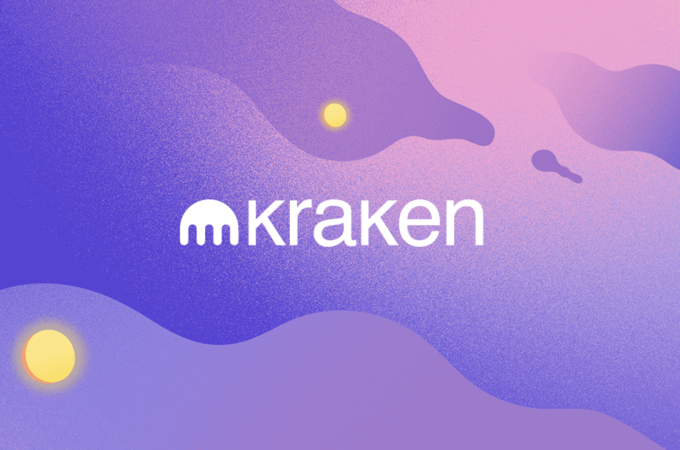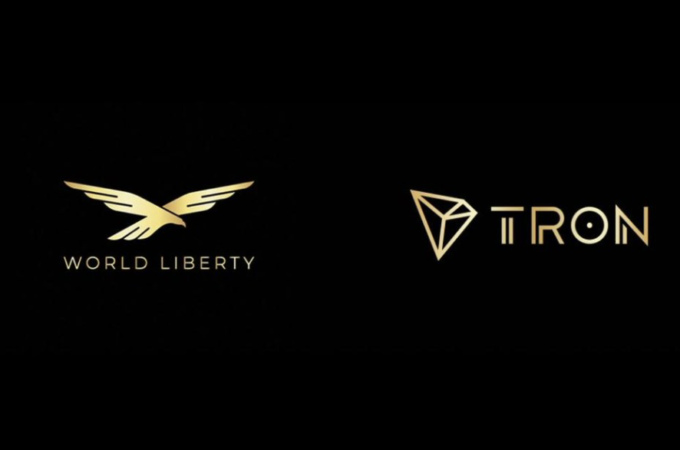
SoftBank Expands Stake in OpenAI with $1.5 Billion Employee Share Buyout
SoftBank Group, under the leadership of CEO Masayoshi Son, is doubling down on its artificial intelligence ambitions by acquiring up to $1.5 billion worth of OpenAI shares through a tender offer. The move, reported by multiple sources, allows OpenAI employees — both current and former — to sell restricted stock units at $210 per share, the valuation from OpenAI’s recent $6.6 billion funding round in October, which placed the company’s worth at $157 billion.
This latest tender offer is facilitated by SoftBank’s Vision Fund 2, which had previously invested $500 million in OpenAI during the October fundraising. The offer enables employees who have held their shares for at least two years to cash out, providing a rare liquidity event in a challenging IPO market. The opportunity closes on December 24, giving eligible shareholders a choice between cashing in or retaining their stakes in the rapidly growing AI company.
SoftBank’s increased involvement highlights its aggressive stance on AI investments as it seeks to position itself at the forefront of this transformative technology. Masayoshi Son, a longtime advocate for artificial intelligence, has voiced his vision of achieving artificial superintelligence (ASI), declaring, “This is what I was born to do.” SoftBank is also the majority owner of Arm, a UK-based chip designer crucial to AI’s infrastructure boom.
AI has been a magnet for investment in 2024, with startups raising billions despite facing significant operational losses. OpenAI itself has received over $13 billion from Microsoft and secured a $4 billion credit line, ensuring liquidity for its capital-intensive operations. Other notable investments in the space include Amazon’s $4 billion infusion into Anthropic and Elon Musk’s xAI, now valued at $45 billion following a recent $6 billion funding round.
For OpenAI employees, the tender offer offers a rare chance to realize gains from their equity without waiting for an IPO. The private market has become an essential mechanism for liquidity amid stagnant public offerings, with companies like Databricks adopting similar strategies. OpenAI’s decision to allow broader participation in secondary sales reflects a shift in its policy, aligning with the growing demand for employee liquidity while maintaining investor interest.
Despite its success, OpenAI faces mounting competition from rivals such as Anthropic and tech giants like Google. As generative AI adoption skyrockets — enterprise spending on the technology surged 500% this year — OpenAI remains a leader in the field, driven by products like ChatGPT. The company’s evolving strategy, coupled with robust financial backing, positions it well for continued dominance, though challenges loom on the horizon.
The tender offer underscores Masayoshi Son’s commitment to AI, with SoftBank leveraging its Vision Fund portfolio to back innovative and high-value tech companies. The conglomerate has already amassed stakes in promising AI firms such as Glean and Perplexity, alongside its cornerstone investment in OpenAI. As AI reshapes industries, SoftBank aims to be a central player in the sector’s growth, particularly as organizations integrate AI technologies into core business strategies.





